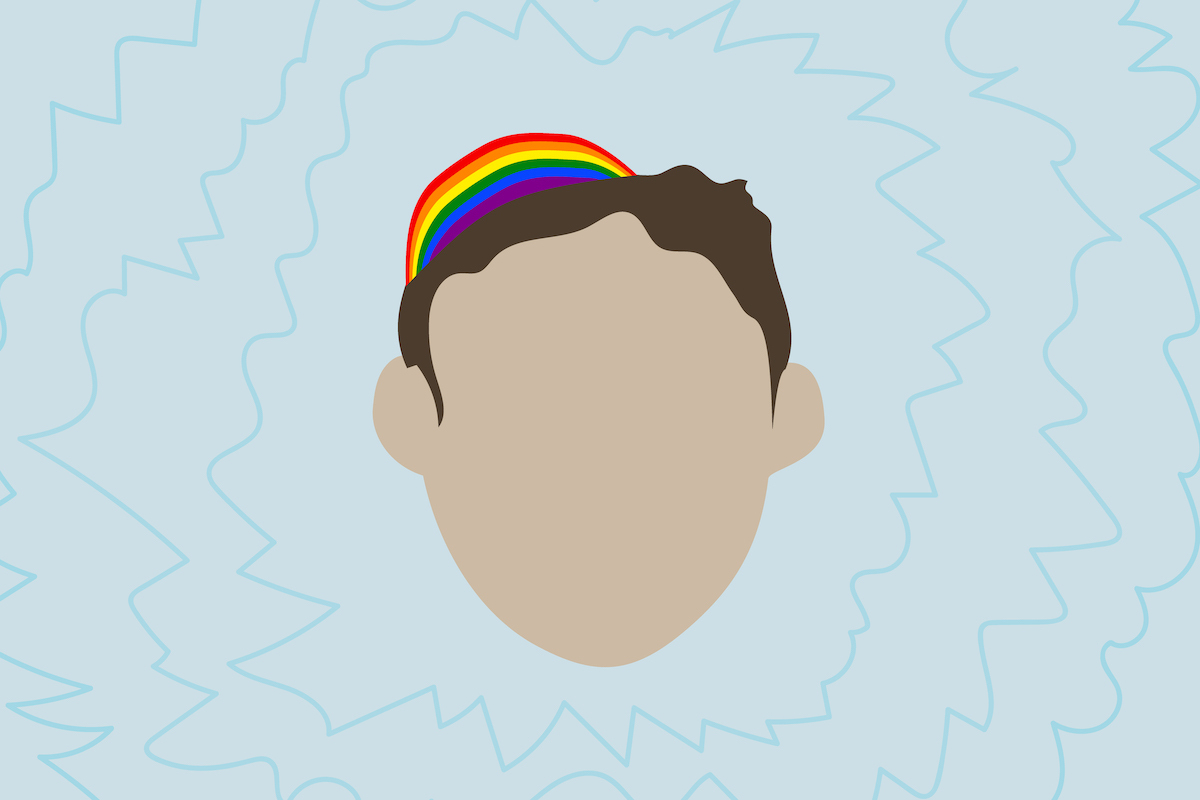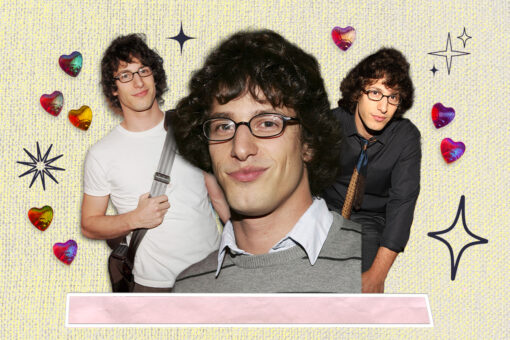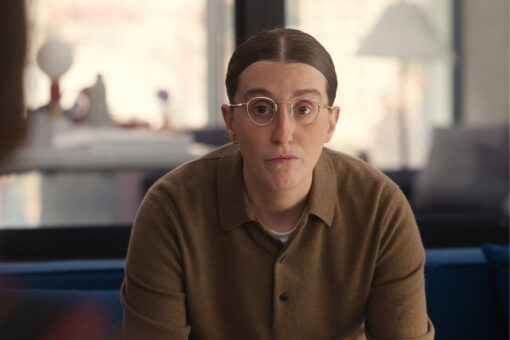It felt like I had been sucker-punched the first time I was asked if I was “actually Jewish.”
To be fair, my new friend didn’t present the question in those exact words. Her actual question was more subtle, perhaps more polite, yet carried the same end-goal in mind.
As we sat around my friend’s Shabbat table and I filled her glass with wine, I introduced myself and she asked, “Reed is a pretty WASP-y name, are you sure you’re Jewish?”
How could she ask me that? I thought. Why didn’t she ask anyone else the same question?
Her question was a reminder of the way I stood out in this setting — or at least to her.
The truth is, I wasn’t born Jewish. I hadn’t even finished my conversion process at that point, but I identified as Jewish, nonetheless. Though I was born into a Christian environment, I felt spiritually more at home in Judaism. I love sitting around the Shabbat table with friends, drinking wine and spending quality time together. I love the sense of connection I have with other Jews when I’m far from home. But I don’t love being made to feel like I don’t belong.
What I remember most about that experience was how I felt both surprised and hurt. I was surprised that coming out as Jewish felt trickier and more complex than it did to come out as gay.
I had let my sexuality be known years before and, in the first moments that I acknowledged my exclusive sexual attraction to men, I was immediately transferred from one community to the other: hetero to homo. It felt automatic.
In terms of the process, slipping from a straight identity to a gay one was easy. Even among those in my community who didn’t approve, there was no denying that I was gay. A man experiencing romance solely with other men is, well, gay!
There are jokes in the LGBTQ community that center around reasons you could lose your “gay card.” You don’t know the lyrics to Lady Gaga’s recent single? Fancy yourself a pair of cargo shorts? Consider your gay card revoked. Luckily, there’s no gay council that issues and revokes gay cards, no jury to allocate to which part of LGBTQIA+ acronym you belong. All of this to say that, in my experience, going public with my sexuality was scary, but required very little paperwork. It was a one-and-done sort of deal.
It was for this reason that, years later, I was surprised to find more difficulty coming out of another closet — this time, the Jewish one.
It was my assumption that saying I was Jewish would be less startling than saying I prefer to sleep with men rather than women. But it turns out that while divulging insights into my sexuality was shocking to some, describing the way I fit into Judaism was complicated — and a much heavier conversation.
For those who saw me as Christian, or even agnostic, announcing my new Jewish identity was met with resistance.
How could you be Jewish when your parents aren’t?
How could you be Jewish when we grew up going to church together?
How could you be Jewish when you don’t look Jewish?
The most memorable comment was a friend asking if I was drawn to Judaism because it’s stylish.
Where my gayness can be justified or accepted by the way I speak, the clothes I wear, or the men I date, my Jewishness could not. To defend my connection to Judaism and to the Jewish people, I had to explain how I can be Jewish but not keep kosher, Jewish without wearing a yarmulke, Jewish but not traditionally religious.
Over the years of telling people that I’m gay, no one has ever felt personally attacked (at least, that I know of). They’ve never taken my attraction to men to mean that I think straight people are weird or that I believe homosexual romance is the only way to sexual pleasure.
But for some, sharing my Jewish identity was perceived to be a statement against others’ beliefs, especially when it came out that I had chosen to be Jewish. By abandoning the Christianity I was born into, I must not believe it to be a good religion. I must view it as a religion that’s defected — which is, of course, not the case. It just wasn’t the religion for me.
What strikes me the most about these two identity transitions was that I plunged headfirst into a front row seat in the gay community just by the very action of announcing I’m gay. But simply expressing the comfort and spiritual connection I felt in Judaism wasn’t enough to be Jew.
To be a Jew — a reform Jew, in my case — I had to study Jewish holidays, Torah, and history for a year under the supervision of a rabbi. Eventually, I will have to go before a beit din and be judged on my understanding of Judaism and my desire to inherit a Jewish life. I’ll then need to submerge myself in the mikveh to finalize the process. For circumcised men like me, there’s even a symbolic drop of blood to be procured.
It takes a lot of work to become a Jew if you weren’t born one, so it’s all the more hurtful when someone can brush away that part of my identity with a seemingly innocuous question like, “Are you sure?”
In the end, what ties these two identities together is the way neither were a choice. I didn’t choose to be attracted to men, and I didn’t choose to feel most at home in Judaism. I just do. While I was raised as a straight Christian, I was always meant to find my truth as a gay Jew.
Header image design by Grace Yagel.



